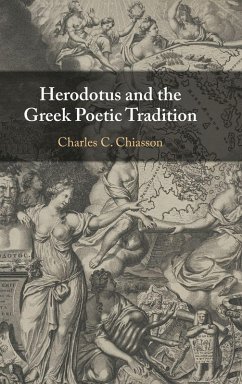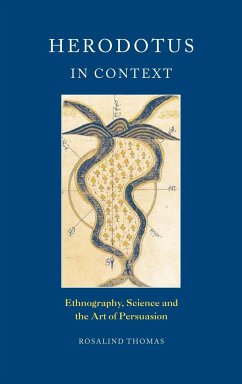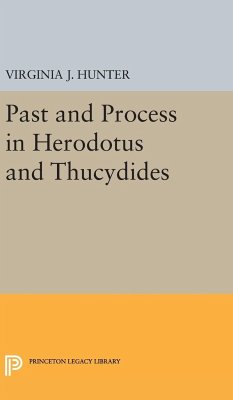
Herodotus
Histories Book VIII

PAYBACK Punkte
71 °P sammeln!
The Battle of Salamis was the first great (and unexpected) victory of the Greeks over the Persian forces under Xerxes, whose defeat had important consequences for the subsequent history and self-image of Europe. This battle forms the centre-piece of book VIII of Herodotus' Histories. The book also illuminates Greek views of themselves and of peoples from the East, the problematic relationships between different Greek states in the face of the invasion, and the role of the divine in history. This introduction and commentary pays particular attention to the history and culture of Achaemenid Pers...
The Battle of Salamis was the first great (and unexpected) victory of the Greeks over the Persian forces under Xerxes, whose defeat had important consequences for the subsequent history and self-image of Europe. This battle forms the centre-piece of book VIII of Herodotus' Histories. The book also illuminates Greek views of themselves and of peoples from the East, the problematic relationships between different Greek states in the face of the invasion, and the role of the divine in history. This introduction and commentary pays particular attention to the history and culture of Achaemenid Persia and the peoples of its empire. It offers much help with the language of the text (which has been prepared for ease of reading), and deals with major literary and historical questions. It will be of especial use to intermediate and advanced Greek students, but also provides up-to-date scholarly materials for graduate students and professional classicists.








![An Analysis and Summary of Herodotus [By J.T. Wheeler] Cover An Analysis and Summary of Herodotus [By J.T. Wheeler]](https://bilder.buecher.de/produkte/71/71593/71593677n.jpg)





